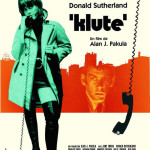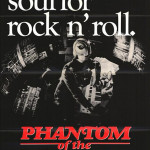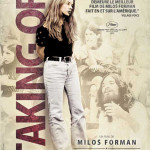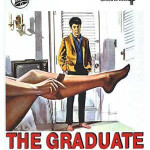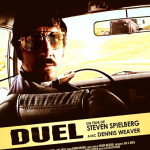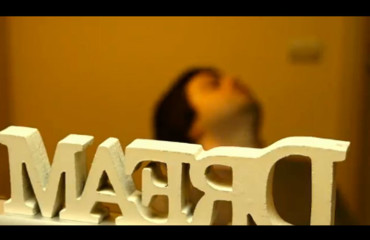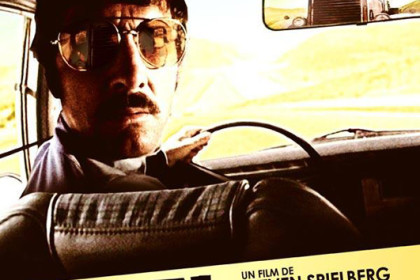
You go at a festival to discover new talents. This is its mission. And to understand how the great of today were influenced by the geniuses of yesterday. Sometimes the two goals fit together! Especially if we talk about great American filmmakers still active that then were moving the first steps. Meanwhile, we mourn the recently deceased Mike Nichols: his The Graduate. At 32° Torino Film Festival we had a bellyful of classics included in the review New Hollywood II, the second part of the project for the revival of stars and stripes cinema at the turn of the 60s and 70s promoted by Emanuela Martini. There are many, all cult.
“The movies with whom many of us grew up”, as opposed to the NAC (New American Cinema, the one of the East Coast), part of the History, which in the US coincides with the West. From here develops an existential philosophy that finds its pillars film in the road movie – invention of the time – and in the breaking of the American dream. Nixon impeachment, after Watergate, marks the spread of paranoia. Everybody suspect of everyone. In this phase are produced excellent films. We have selected a handful.
Phantom of the Paradise (1974), Brian De Palma. Ten years before Webber musicals, the music horror film of the director from Baltimore mixes Phantom of the Opera, Goethe’s Faust and Oscar Wilde (The Picture of Dorian Gray) to tell the metamorphosis in Phantom of a musician so bashful as brilliant to which the evil producer Swan crushes career.
Welcome to L. A. (1976) Alan Rudolph. Robert Altman’s Assistant Director, gives us one of the first, disenchanted representations of the city of dreams and angels. Among the hundred scenes from the anthology, the manager played by Harvey Keitel crying on the phone to get back at least at Christmas his wife (Geraldine Chaplin), depressed and lost in other people’s house.
Taking Off Milos Forman (1971) well describes the disorientation of the Middle Class parents struggling with daughters disappeared somewhere and marriage crisis. The director naturalized American, escaped the repression of Prague Spring, focuses on Lynn and Larry Tyne that in an attempt to understand their daughter come to contact the Society for Parents of Fugitive Children, experimenting marijuana as a method of approach to new generations.
Klute by Alan J. Pakula (1971) masterpiece of paranoid drift – deserves a separate genre. Jane Fonda, received the Oscar in the role of a prostitute in New York, rejects a private detective of province (Donald Sutherland, sensitive idealist) that put on her trail to find the key to the problem in the case of a client disappeared. You do not see him, but there’s a serial killer on their trail. Dialogues carved into the rock, there is more tension in the empty interior of the apartment of the call girl Bree that throughout Poltergeist.
Duel (1971). The devil travels on two wheels and the hand coming out of the window is the mouth of hell. A lonely man, in the car on Mulholland with his briefcase against a fire and dust breathing mechanical monster. With this film, described as a low-budget Jaws, Steven Spielberg teaches young people how to do suspense. JAWS comes in ’75.
There is only a question missing to “prof” Martini: “Who has inherited the baton of Nichols and co.?” “Paul Thomas Anderson and Michael Mann are exactly from there.”
 English
English  Italiano
Italiano 

